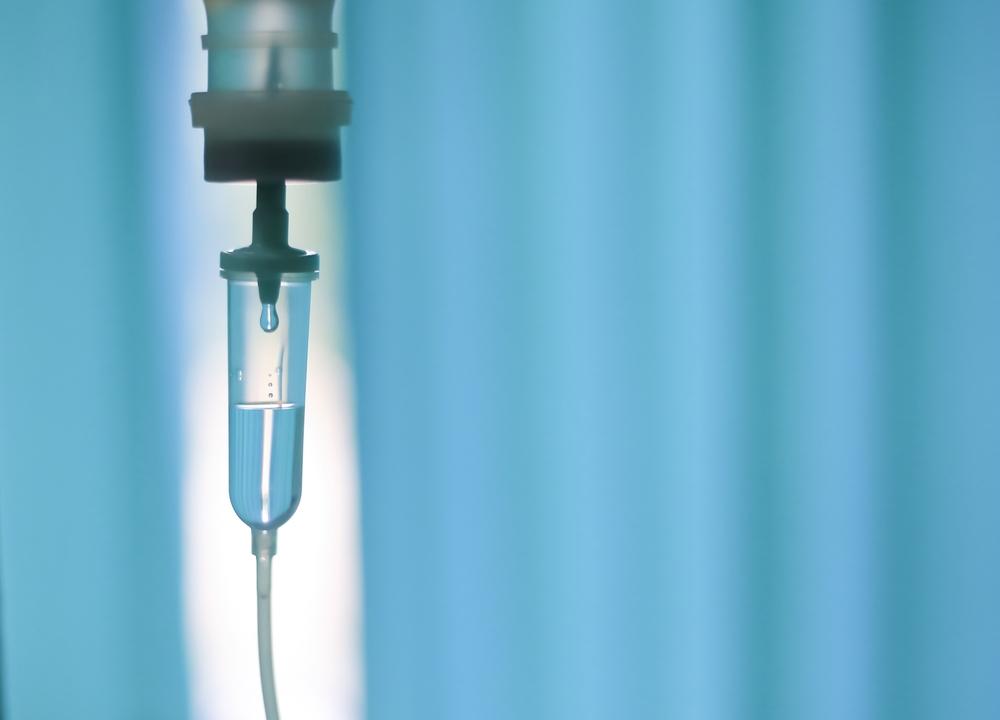Duchenne Patients Again Being Treated in HOPE-2 Trial of Potential Cell Therapy, Capricor Announces
Written by |

Capricor Therapeutics announced that patient dosing has resumed in its HOPE-2 trial of CAP-1002, an investigative cell therapy for Duchenne muscular dystrophy
The company placed a voluntary hold on dosing after one patient had a serious allergic reaction during blind testing in December, to allow for an independent review of the cause of the reaction. An investigation suggested this patient likely was allergic to something in CAP-1002, including the molecular vehicle or medium used in the formulation of the active therapy, a press release states.
A standard pre-treatment “used by physicians to prevent and treat allergic reaction” will be given to all enrolled participants, Capricor added in the release.
CAP-1002 is manufactured from healthy donor heart tissue and consists of cardiosphere-derived cells (CDCs), or cells capable of developing into mature heart cells. The therapy has been shown to promote a strong immune modulation response, so as to possibly encourage heart repair and cellular regeneration.
Four years ago, the cell therapy was granted orphan drug designation by U.S. Food and Drug Administration (FDA) for the treatment of Duchenne muscular dystrophy.
The Muscular Atrophy News forums are a place to connect with other patients, share tips and talk about the latest research. Check them out today!
Results of a previous, open-label Phase 1/2 trial (known as HOPE, NCT02485938), showed that CAP-1002 is safe, well-tolerated and significantly improved cardiac and skeletal muscle function in Duchenne patients.
HOPE-2 (NCT03406780) is a randomized, double-blind, placebo-controlled Phase 2 trial to evaluate the safety and efficacy of CAP-1002 in somewhat ambulatory and non-ambulatory boys and adults, ages 10 and older, with genetically confirmed disease, who are receiving standard of care therapy and not eligible for a gene therapy. In this study, researchers will use tests of manual tasks to assess CAP-1002’s potential benefit in skeletal muscle function.
Patients will be randomly assigned to receive either intravenous infusions of CAP-1002, or placebo, every three months for a total of four doses during a 12-month period.
At three, six, nine and 12 months, researchers will assess patients’ upper limb function, specifically at elbow level. Such strength is essential to many daily life activities.
Using magnetic resonance imaging (MRI), they will also evaluate as a secondary trial goal changes in left ventricular wall thickening during contraction of the heart’s ventricles at six and 12 months of treatment. The heart in Duchenne patients often is taxed in pumping blood throughout the body, due to thickening or hardening of the heart muscle.
About 20 patients are enrolled to date in HOPE-2. While the U.S. Food and Drug Administration (FDA) has approved the resumption of new patient enrollment with the pre-treatment step for allergies, the company is not yet planning for that. Additional funding must first be secured, it said in the release.
CAP-1002 has been designated an orphan drug, and recognized as a rare pediatric disease candidate, by the FDA as a potential Duchenne MD treatment.





